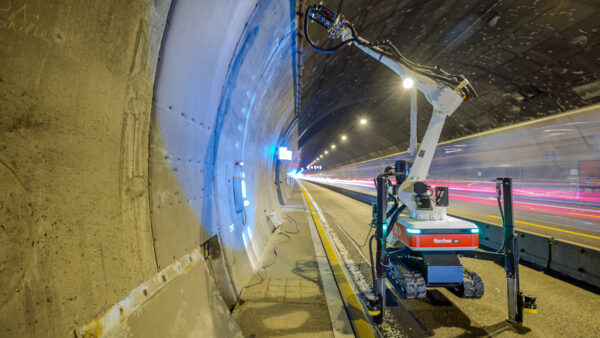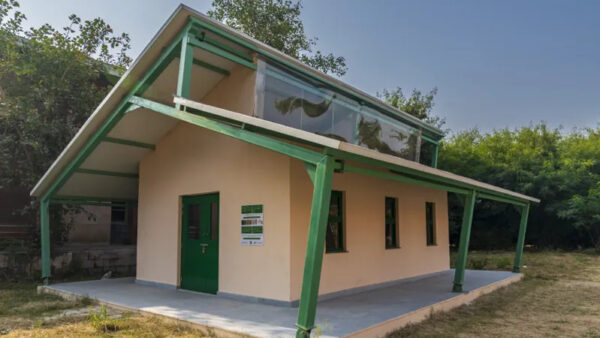Singapore announced a range of measures this week to keep boosting construction productivity, including a S$120m (US$86.4m) fund to push modular techniques in new public-sector buildings, and S$19m (US$13.7m) to get SMEs using digital technologies.
The city state will also start cutting the number of foreign construction professionals firms can hire from next year, in order to boost home-grown talent.
Minister for National Development and Manpower, Zaqy Mohamad, told this year’s Committee of Supply Debate that Singapore was on track to reach its 2020 target of 40% take-up of “design for manufacture and assembly” techniques, or DfMA, but wanted to reach 70% by 2025.
“This is an ambitious target but I think that we can achieve this by working together with the industry. We aim to make DfMA our default way of building,” Mohamad said.
The S$120m will be disbursed through Singapore’s Public Sector Construction Productivity Fund (PSCPF), set up last year to promote DfMA techniques including prefabricated prefinished volumetric construction (PPVC), mass engineered timber, structural steel systems, and advanced precast concrete systems.
Singapore zeroed in on DfMA as a route to higher productivity in 2014, pouring S$55m into a productivity fund, and commissioning a series of “integrated construction and precast hubs”, which are highly-automated, multi-storey factories for producing precast concrete building elements and volumetric modules.Â
Digital push
This week Mohamad told his audience that Singapore’s construction productivity had risen by more than 17% in the last decade.
The government sees digitalisation as an important way to make the industry more productive.
So, to push building information modelling (BIM) down past architects and engineers into the whole construction supply chain, Mohamad said S$19m would be set aside to encourage SMEs to adopt digital solutions that complement basic BIM software.
They’ll be guided to assess their level of digital readiness, and to find solutions that will help, such as site management and facilities management software.
Seventy percent funding for pre-approved solutions will be available to them.
Home-grown talent
Singapore is also keen to cut its reliance on foreign skills in what it terms the “PMET” band, meaning “professional, managerial, executive and technical”.
Mohamad said the share local PMETs in construction had fallen over the past decade, even as the total PMET population had increased.
To rebalance the share of local PMETs in construction, the ministry will cut the proportion of foreign construction PMETs firms can employ from 20% now to 18% in January 2021, and then to 15% in January 2023.
“Our sector should be anchored by a skilled and competent local workforce, and our firms must also do their part,” he said.
New “Professional Conversion Programmes” would be introduced to lure mid-career entrants into the construction sector.
“For example,” said Mohamad, “a PMET from manufacturing could be reskilled as a production manager in a DfMA facility.”
Image: Singapore’s iconic Marina Bay Sands complex under construction in 2010 (Andy Mitchell/CC BY-SA 2.0)






